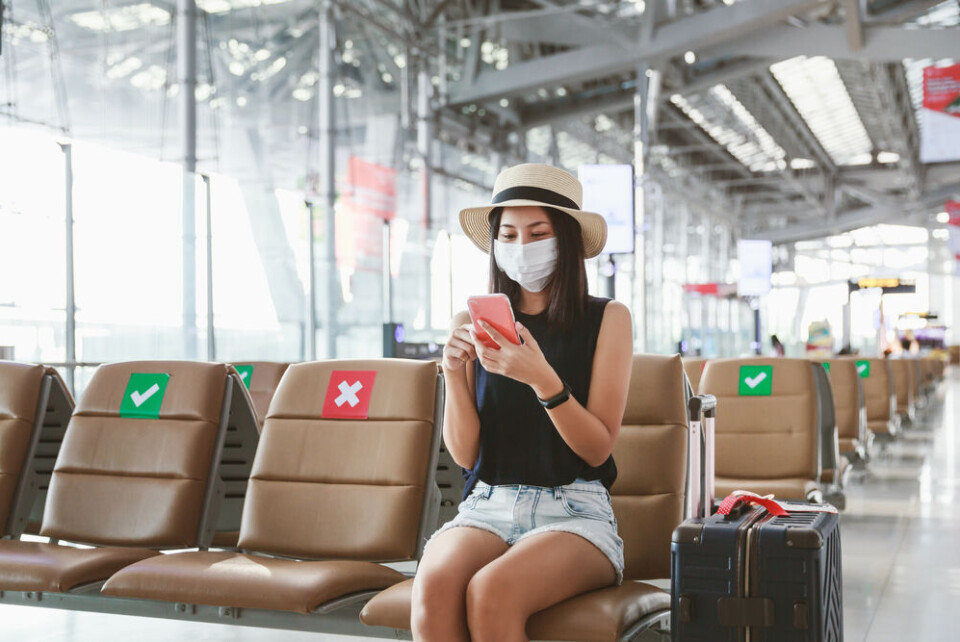-
Le Rozier: a village with dramatic scenery along the Gorges du Tarn
Explore the pretty village in the Lozère department, popular with lovers of hiking and outdoor activities
-
France’s Favourite Village 2026 shortlist announced
You can vote for your favourite until voting closes in early March
-
How accurate are time estimates for French hiking paths?
Mathematical formula is basis for sign figures
Passenger locator form, tests: What do I need for France-UK travel?
We recap what Covid rules remain in place for travel between the two countries and what ‘fully vaccinated’ means now

Reader question: I have not left France since the coronavirus pandemic began, but I’m now planning to visit family in the UK. Could you explain what is needed?
The UK ended all Covid-related travel restrictions for everyone (fully vaccinated or not) on March 18.
It means you do not need any Covid-related travel documents to go there from France.
You do not need any tests, to self-isolate or fill out a passenger locator form.
Read more: Do I still need to wear a mask on a flight between the UK and France?
On the other hand, France does still have some Covid-linked travel rules in place.
Fully vaccinated people travelling to France from the UK need only show proof of vaccination and self-declared sworn statement (engagement sur l’honneur) confirming that they are not experiencing Covid symptoms and have not been in contact with a confirmed case in the last 14 days.
Unvaccinated people aged 18 and over (and those aged 12 - 17 travelling without a fully vaccinated adult) must also have a compelling reason for travel and present a PCR test result from the 72 hours before or an antigen test result from the 48 hours before to the travel operator. Certificates of recovery are not listed as valid proof in this case.
What does France mean by ‘fully vaccinated’ in terms of travel rules?
A person is considered fully vaccinated for travel purposes:
- 28 days after receiving their first dose of the Janssen (Johnson&Johnson) vaccine
- Seven days after their second dose of the Pfizer, Moderna, Astrazeneca, Vaxzevria or Covishield vaccine
- Seven days after a booster dose of either Pfizer or Moderna for people who received all required doses of a vaccine approved by the World Health Organization but not the European Medicines Agency (Sinopharm, Sinovac, Covaxin, etc.)
Everyone aged 18 and over also must get a booster dose of either Pfizer or Moderna no more than nine months after their final dose (first for Janssen, second for vaccines) in order to remain ‘fully vaccinated’.
As soon as you get your booster dose, you are fully vaccinated, it does not matter if you got it 10, 11, 12 or more months after your previous dose.
Read more:I was boosted after deadline, do I count as vaccinated?
Related stories
Covid-19: Rules for travel to and from France
All Covid restrictions to end for France to UK travel on Friday
Planes, trains, Eurotunnel, métro: nine France travel updates
























